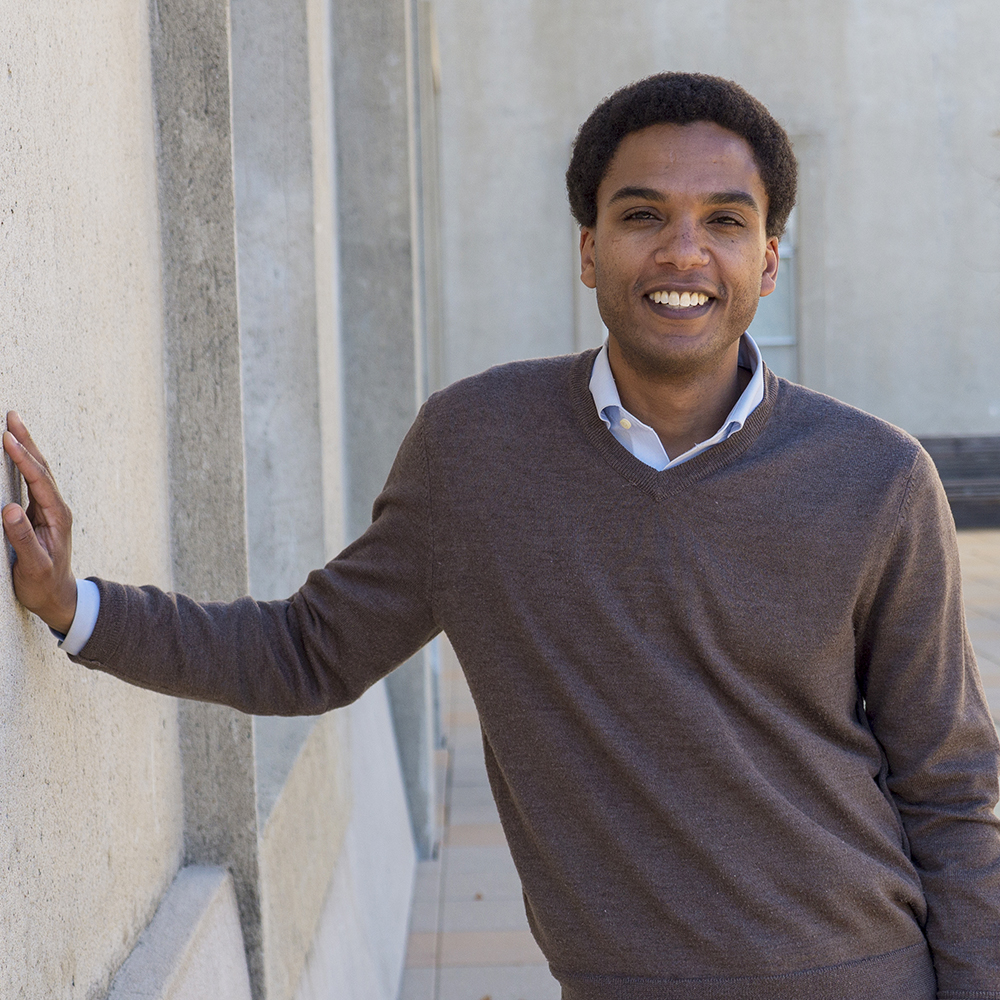 Hometown: Redlands, CA
Hometown: Redlands, CA
Education: Harvard ’05, UVA ’11
Affiliations: Ecology Law Quarterly; Tenants Rights Workshop; Board Member, The Capitol Area Development Authority
I came to law school a bit further down the professional line than most of my classmates. I graduated from Harvard in 2005 with a degree in government and worked on the Hill for former Senator Kennedy and the former Secretary of Defense. I had studied abroad in Copenhagen and became inspired to study architecture, but didn’t know anything about the discipline. So I spent two years in Beijing, China working with a developer. It was the run up to the 2008 Olympics, so the city was rapidly urbanizing and many of the world’s leading architects and urban thinkers were there.
While I was working on my masters at UVA, I interned at a firm called Foster and Partners. They were designing the new Apple campus in Cupertino, and we spent a lot of time thinking through how flows of energy and water and air could contribute to a more sustainable environment.
During that time, I was part of a multidisciplinary team that participated in a competition for rethinking how to clean up the Alameda freight corridor (a heavily-trafficked 20-mile freight rail that connects the national rail system near downtown Los Angeles to the ports of Los Angeles and Long Beach) from an architectural perspective. Our team ended up winning. That really solidified the connection between public service, policy, and architecture for me.
After that, I went to work in Governor Jerry Brown’s office with his environmental team on green buildings and their contribution to the reduction of greenhouse gas emissions as part of California’s ambitious climate goals.
The opportunity became available to head up the Strategic Growth Council (SGC), which focused on how the state can achieve more sustainable land use. It was really an ideal combination of my interests with a focus on achieving ambitious public policy goals. I was thankful to get the appointment.
I joined the SGC at a time when a lot of innovative environmental policies were just getting off the ground. California has a cap and trade system, which puts a price on carbon and emitters pay to pollute on a pathway that reduces emissions over time. My agency received a portion of those funds to invest in affordable housing and sustainable communities.
What was innovative about the SGC’s work was not just funding affordable housing in a silo, but thinking about its connection to more sustainable uses of the land. Like how can we better fund buses and transit? biking and pedestrian infrastructure? co-locate jobs and recreation so people have access to opportunity near where they live?
During my tenure, many of my colleagues were attorneys. Both of my immediate bosses, the Governor’s chief of staff and the Governor himself, had a legal background. Seeing the degree to which their legal skills aided them in negotiations with a whole range of stakeholders in lawmaking and policymaking made me realize I needed these invaluable skills to be a more effective policy maker.
It’s been a challenge transitioning to being a student again and to the first year curriculum. We’re being taught the fundamentals of how to think about and apply the law, and sometimes there’s a hunger to jump ahead and get to the real world application. But it’s refreshing and humbling to take a step back and challenge your own assumptions and look at things from a new perspective.
In the workplace, I had to think about a dozen different issues an hour, often without much time to be very thoughtful. Here, there is much more synthesis taking place. I appreciate the critical distance afforded by being in school and being amongst brilliant peers that are passionate about many different things. I’m strengthening not just my ideas, but my ways of thinking about ideas; I’m becoming a better thinker.